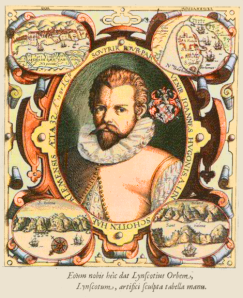 “The real problem with GMOs is not about science, it’s about business models” said Richard A. Jefferson, inventor of a genetic marker and then an intellectual property expert and creator of a framework for open-source biological invention.
“The real problem with GMOs is not about science, it’s about business models” said Richard A. Jefferson, inventor of a genetic marker and then an intellectual property expert and creator of a framework for open-source biological invention.
When we speak about GMOs from an economic point of view, how can we not think of patents? Maybe farmers around the globe would need a system to invent their own solutions, rather than be obliged to deal with few multinational companies which dominate the market.
In a recent interview published in Grist, Mr Jefferson discusses how unequal the patents system is, beginning from the etymological origin of the term that comes from Latin "patere," which means to lay open.
Jefferson suggests that we need to re-think intellectual property rights. According to him, Monsanto's patents probably aren't even valid in most developing countries. He says that the only thing that is stopping the average farmer from taking advantage of this patented property is the complicated nature of the patent system. So he and his team created Lens.org as a portal to help navigate the system.
Can you break an IP stranglehold just by sharing the information freely? It's been done before. Click on the article to read about Jan Huyghen van Linschoten, the 16th century Dutch clerk who broke the Portuguese stranglehold on New World maps by copying them and making them freely available to all.

